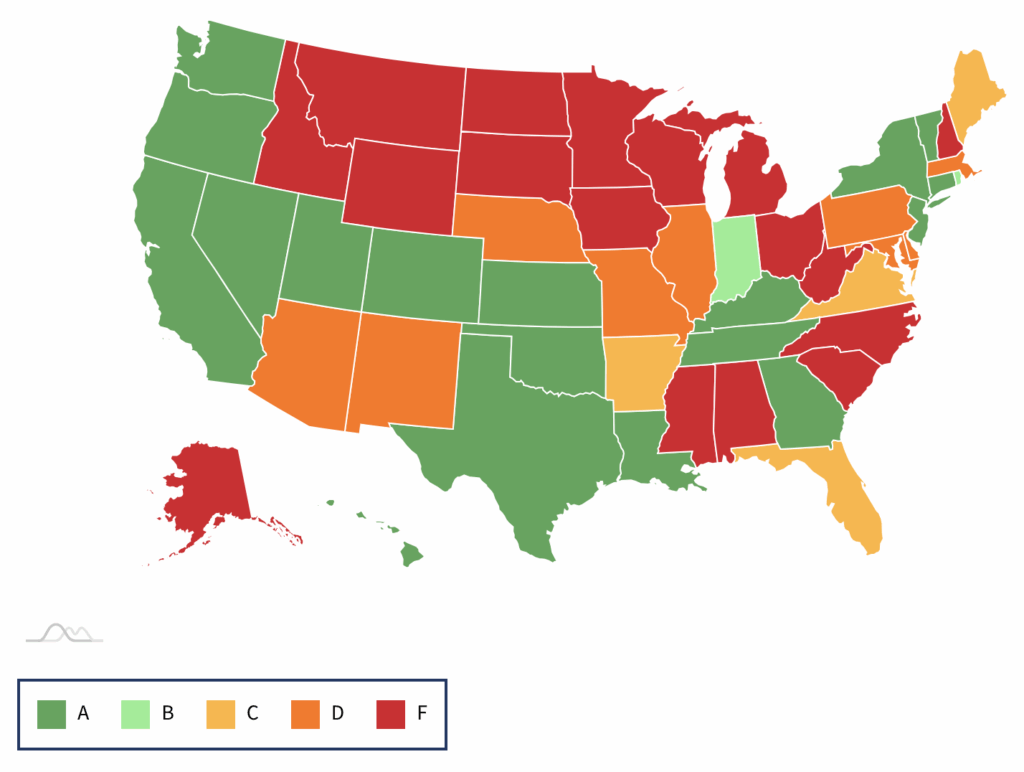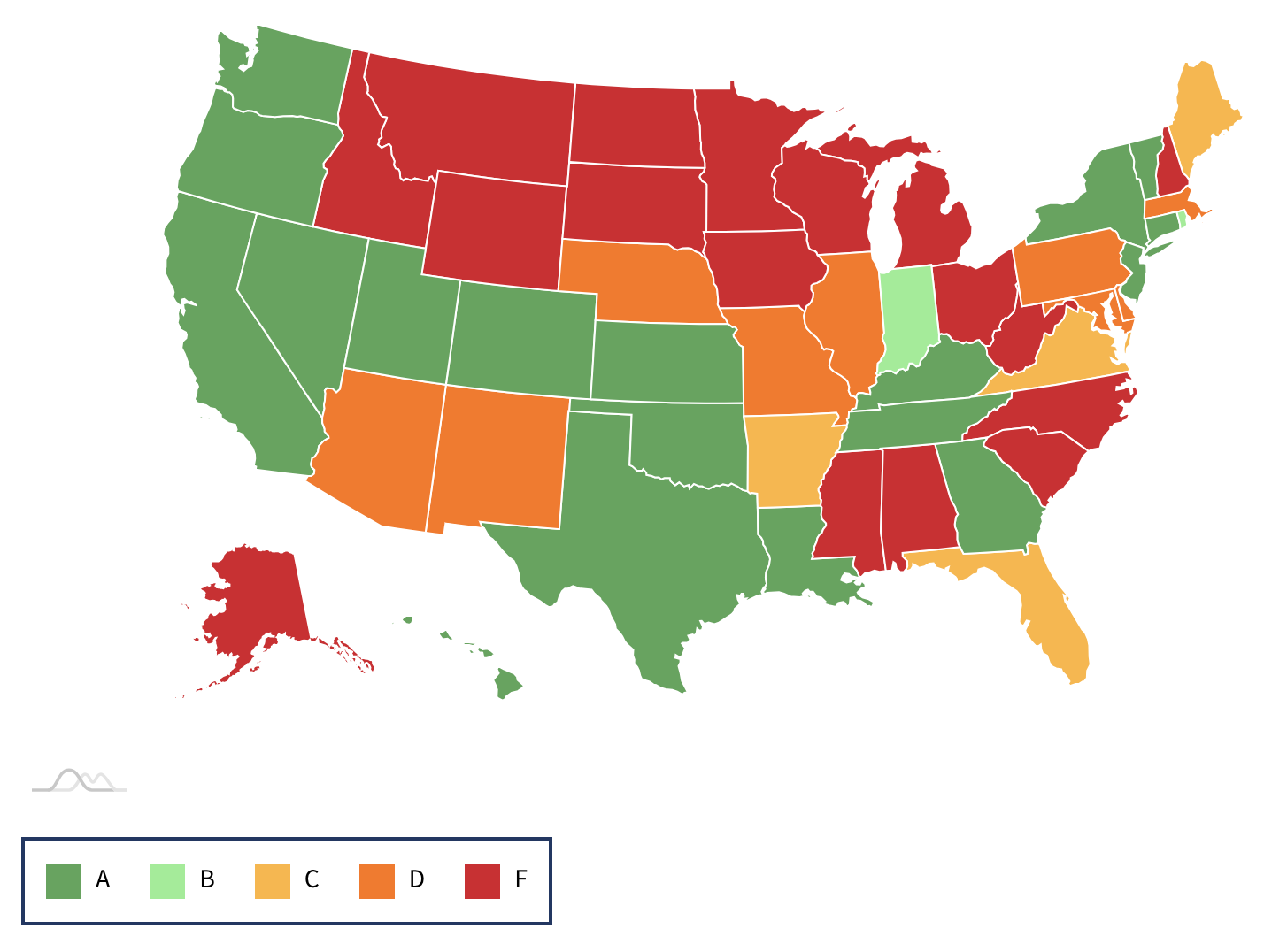In the world of journalism a term appeared in the 1980’s called SLAPP Lawsuits. SLAPP stands for Strategic Lawsuit Against Public Participation. These are lawsuits that parties bring to try and stop someone from publishing information they do not like. And if you are like me you might be thinking “SLAPP Lawsuit?!?! That’s like saying PIN number!” I digress. An example of a SLAPP could be someone who has a website where they post many things that don’t seem to be true, and then someone else creates another website to point out a bunch of the things on the first site are not true. The person on the first site might try to silence the second site by suing the owners of the second site. Even if the claims in the lawsuit filed by the first person are not reasonable, the possible cost to the second person to defend them self in court could motivate the person with the second site to shut down and go away.
Many states have created laws to help publishers defend against SLAPP suits, and Texas is one of them. These laws are known at Anti SLAPP laws. One can read more about Anti SLAPP laws at these links:
https://www.eff.org/deeplinks/2023/05/texas-lawmakers-dont-weaken-your-states-strong-anti-slapp-law
https://texaslawhelp.org/article/anti-slapp-suits-frequently-asked-questions
https://www.rcfp.org/anti-slapp-guide/texas/
That texaslawhelp.org link above has this helpful information:
What is the right of free speech under the Texas Citizens Participation Act?
The Act defines the right of free speech as “a communication made in connection with a matter of public concern.”
This includes your posts online, e-mails, verbal statements, written statements, and statements made on the TV or radio. Courts have found that the Act protects things said privately as well as publicly, so long as the speech is about matters of public concern.
Speech does not have to be objectively true to be a matter of public concern. For example, the Act protects the right to state opinions about products, services, and even published works of art.
See Texas Civil Practice and Remedies Code 27.001 and 27.010(b).
Can the Texas Citizens Participation Act help me get a lawyer?
Yes, the Act an help you get a lawyer.
If you win the Anti-SLAPP Motion to Dismiss, the other side must pay your court costs, attorney’s fees, and other expenses. This makes it easier to hire an attorney if you have a good case.
To decide if you have a good case, a lawyer might consider factors such as:
- The extent of your damages,
- Who the person suing you is,
- Whether the person suing you has enough money to pay a judgment, and
- The nature of the speech and actions over which you are being sued.
Being able to tell a lawyer as much information as possible about these factors can make it more likely they will take your case.
Texas gets an A grade for it’s Anti SLAPP protections:



I don’t even know how I ended up here, but I thought this post was great. I do not know who you are but definitely you’re going to a famous blogger if you are not already 😉 Cheers! http://www.bigbendtimes.org